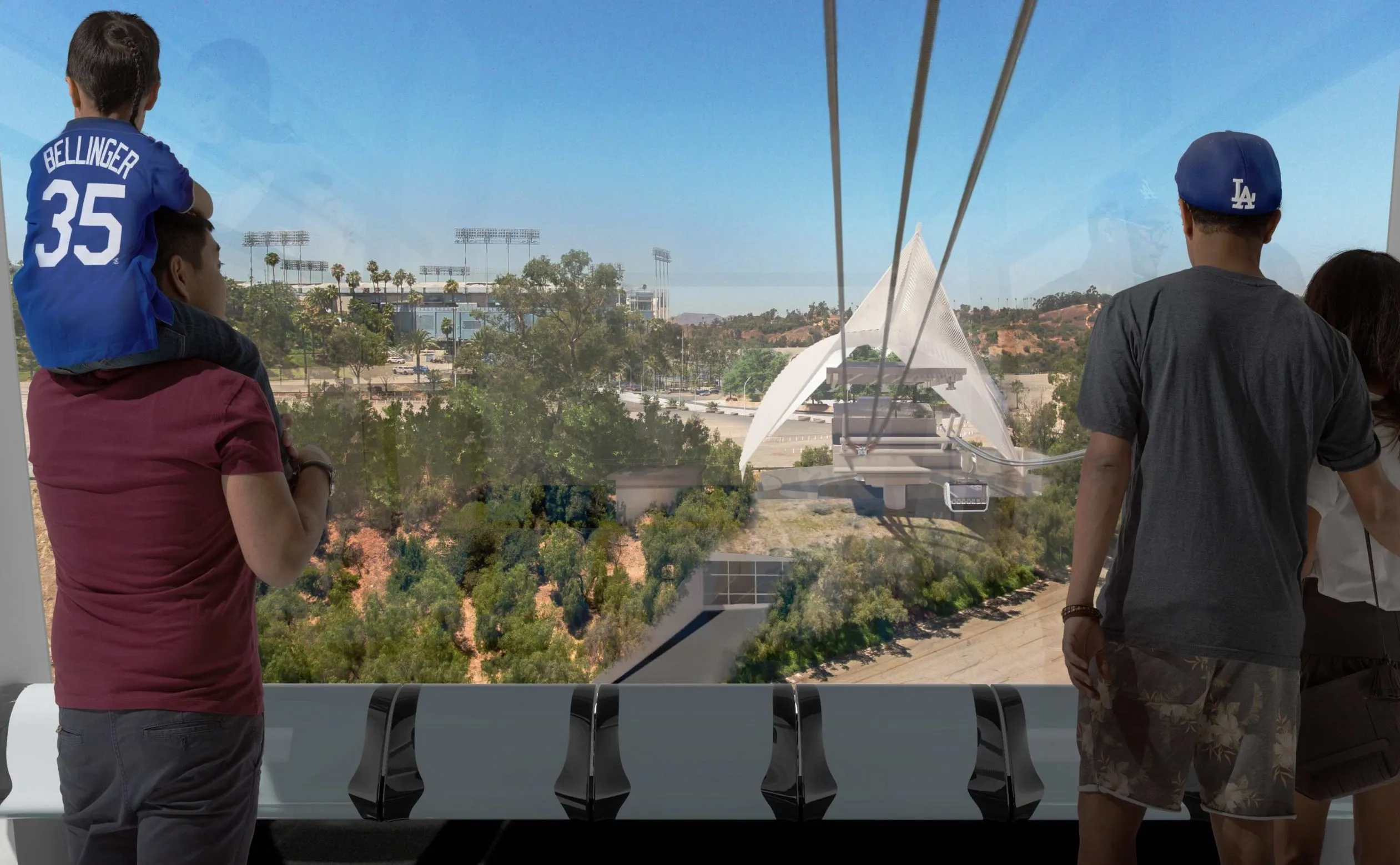The Dodgers gondola would hang over a street in Solano Canyon, and some residents say having it hanging 40 feet over their homes is just too close. Ted Chen reports March 24, 2022. .
A proposed aerial gondola that would carry fans to Dodger Stadium is moving forward, but residents are playing hardball.
The Dodgers Gondola project would set up the hanging transport over Bishop Street, which would be part of the final leg of the proposed tram.
It will have a nearly one and half mile path from Union Station to Dodger Stadium.
While the debate continues over the project, opponents are now taking legal action.
Get top local stories in Southern California delivered to you every morning. Sign up for NBC LA's News Headlines newsletter.
"It would make me nervous living under it," Solano Canyon resident Phyllis Ling said.
She doesn’t like the idea of an aerial gondola going over her head and her house.
"We’ve been told it's only 40 feet above our house -- that’s pretty low," she said.
Ling and her sister started stopthegondola.org to halt construction of the proposed gondola — a vision to transport thousands of fans from union station to Dodger Stadium.
Opponents have now filed a legal challenge, claiming the project is being rushed without proper public input and will further gentrify the neighborhoods surrounding Dodger Stadium, and drive lower-income people away.
The proposed gondola would fly over Cathedral High School, where Martin Farfan has been president for nearly 20 years. Farfan thinks it will help reduce game-day traffic and could be good for Los Angeles.
"Just the traffic to get cars out of the street for me is the big, big reason. It gets pretty bad," he said.
"Anything that saves people from having to drive cars and burn gas is great," Skylar Funk said.
The gondola proposal is being funded by former Dodger owner Frank McCourt in conjunction with LA Metro. Metro says it doesn’t comment on pending litigation.
"Change is never easy. I think overall I think it's better for us," Farfan said.
In a statement, the company owned by McCourt said the legal challenge is without merit, and that aerial transit is a proven technology providing scenic, efficient, and clean transportation for millions of people.
"There’s a lot of wealthy developers and well connected people and politicians who actually support it. It's hard to fight against that," Ling said.


